Circus Folk & Village Freaks, poet and now author Aparna Upadhyaya Sanyal’s debut work of fiction, is an interestingly told, engaging and outright fun set of stories that talk about the ‘others’ in our society.
The Pune-based poet, of both the written and the spoken word formats, spoke to Purple Pencil Project about the journey as an author, why she picked the narrative style of rhyming couplets, how poetry helped her through depression, and more, in an email interview. Excerpts:
1. We will begin with your tryst with poetry. When and how did you start writing poetry?
I’ve been writing in some form all my life. As a kid, I would write nonsense rhyme for family occasions. I enjoyed reading the odd bit of poetry too, an interest that grew as I did. However, I never considered making a ‘career’ out of writing.
And then, 2.5 years ago, coming out of a severe bout of clinical depression (I have Major Recurrent Depressive Disorder), the words started coming to me in a torrent. I wrote and wrote, as a form of catharsis. They were doused with self-pity and almost entirely lacking craft. But with these poems began my true love affair with poetry.
I took to reading and following a lot of international poetry journals and was simply blown away by what I read. Such intensity of emotion, conveyed with such elegance, restraint and economy. I was hooked. And since then, I’ve been trying to write with more mindfulness and to better my craft. Unfortunately, I don’t really remember the first poem I wrote, but Ogden Nash and Edgar Allan Poe were among the earliest poets I read and was influenced by.
Poetry to me since then has grown to become a lifeline of sorts. It is a seminal part of my life, one that gives me so much joy and challenge. I love that poetry is not an ‘easy read’ and that I often must work to unravel its meaning or ‘solve it’ almost like a delicious puzzle. It is a means of liberation for me, one that helps me express my life experiences and traumas without inhibition.
2. How do you see the debate between the spoken word format, and the written form?
I don’t understand the debate between spoken word and page poetry. I write certain poems that don’t take so well to performance, or rather are poems I do not feel comfortable performing on the stage.
As opposed to that, certain poems have more ‘rhythm’ or are more dramatic. I prefer to use those on the stage. Those tend to forge a more immediate connect with the audience. However, this is just my personal preference.
Both spoken word and page poetry have their place. We are all proponents of a fairly ‘niche’ art form and must support each other. Poetry has a very small, engaged audience at the best of times, and in this rarefied environment too, everyone has their own preferences. But each preference is important and equally relevant. Sometimes, I find Spoken Word a bit difficult or repetitive. And sometimes, I am unable to connect with a certain page piece, no matter how famous or well-loved it is. That does not mean that both media are not equally important or amazing.
3. Was the decision to combine poetry and prose conscious for Circus Folks? What came first, the story of the style?
It was not a conscious decision at all. One morning I woke up with Subramaniam, the Crocodile Man in my head, and his story came to me distinctly in rhyme. Messy, un-metred couplets at that. And that is how I scribed it. The stories flowed with very definite plot points. The metre and prosody came much later during editing.
4. Did the style at any point feel like something you had to work with, like you were stuck with? Did you think of writing prose at any point?
Of course, the rhyming couplets were exhausting to work with! But this was post the first iteration. The first draft of the book took me just three weeks to write, each character coming into my head turn-by-turn almost daily, telling me their stories in rhyme.
After the first draft was done I stepped away and only re-opened it six months later. By then, I was writing more ‘free verse’ and had started getting published internationally. I sent the manuscript to an American editor whose journal I worked with and he wrote back with life-changing feedback. It was harsh but on-point, and was a much-needed awakening. I immediately embarked on an intensive crash course on metre, et al, and jumped to editing, nearly rewriting the book over six months and eight edits and with a lot of help. It was only when each couplet of the book sang to me, that I felt ready to publish.
I write whatever feels intuitively right to me. I’ve always written prose alongside poetry. In fact, last year a short story I wrote was shortlisted for an international fiction prize held by the prestigious Third Coast literary magazine.
My next book (hopefully out next year) is in prose: short stories this time. I enjoy writing all sorts of things and may even take a stab at writing a full-length novel at some time, if I have the patience and fortitude.
5. 18 stories of people who are not in the main stream of society – were the themes handpicked? What were your notes for the stories like?
Surprisingly, when I wrote the first draft, there were hardly any notes. The characters and their stories were very definite. It was only once I started the prolonged editing process that the notes came. And boy, were those lengthy!
When I write poetry, notes on craft are the norm. This is strikingly different from when I write prose, for which I always make notes on character, underlying theme. story arc, setting, mood, etc.
In terms of ‘handpicking’ the themes, I think the stories deal with issues that have always mattered to me at some subliminal level. So, when the characters and stories for this book came to me, they spoke of issues like caste hierarchies, gender discrimination and were overwhelmingly about struggling with and accepting difference. All these themes are very close to my heart.
6. Moving beyond Circus Folk, how has the experience of being a poet and a novelist been different? Do readers approach your work differently?
Before the book came out, the reader base for my poetry resided mostly outside India, since most of my publications are with international (mostly North American) literary journals. While it is great to connect with people from far away, these are a reclusive lot, as am I, and sometimes it has felt like I’m creating work in a vacuum.
Since the release of ‘Circus Folk…’, in India, this is changing. The approbation I get is more immediate and lush. I’m learning to be interactive on social media and starting to enjoy the immediacy and spontaneity of this environment, after the almost monastic head space that poetry demands from me. It’s very gratifying, a bit addictive and I’m afraid to say it goes to my head sometimes! Of course, live performances are the most invigorating and connecting of them all. Each time I’m on the stage, I’m out of my comfort zone, yet enjoying every bit, soaking in the energy and applause.
7. Any reason why you did not have a conventional set of poems published before? You have been published so widely – why not have a standalone work of your poetry?
I would love to publish a poetry collection at some point. However, this idea feels premature yet. I want many more writing credits before I collect my work into a book. Ideally, I would like to approach an international press for this book, but this is an endeavor that would take more head space and commitment than I can give right now. I also think my poetry needs to ripen. It could do with much more maturity and finesse before I feel like I’ve done justice to the craft.
8. Do you think such a format helps ‘popularize’ poetry? What do you think of insta-poetry, and the debate that it is not, necessarily ‘poetry’, just lines put together?
This whole ‘format’ kerfuffle comes into the same category of itchy, bothersome debates like spoken word versus page poetry. I cannot draw conclusions on the quality of others’ work, especially since I’ve just started out myself and am by no means an expert.
Each generation has different triggers for learning and assimilation. I guess insta-poetry is Gen Z’s chosen medium. It’s not a format I find personally appealing, but to each their own. I certainly would not stop my son from reading or appreciating insta-poetry, but would take that as a cue to perhaps introduce him to finer, more nuanced work when he is ready. In that sense, insta poetry can act as a gateway or an amous bouche, encouraging people to access more ‘traditional poetry’ (for lack of a better term) once their appetite is whetted.
As far as the accessibility of my book goes, at the end of the day if someone reads it and finds it an immersive experience, then that is enough for me. I have written with integrity and quality and have created something that I am proud of.
Certainly, this book is written in an easy, linear narrative style and this makes it more accessible. In fact, a lot of readers prefer to read the book out loud, to derive the most pleasure from the experience of the rhyme and metre, which is the perfect way to do it.
A reader may think of this book as ‘accessible poetry’ and that works for me, but I personally think of it as ‘a book of stories, told in rhyme’. Ironically, for me it is less accessible fiction rather than easily accessible poetry, because a lot of readers turn away from the book after learning that it is in rhyme, in the bargain losing out on some good storytelling. Also, the book is just one part of my body of work, not a holistic reflection of it. My free verse is a totally different creature.
9. You’ve mentioned before that the story of Murugan made you emotional while writing. What was it about the story that touched you, and do you often feel that way while writing?
I feel very emotional, very often. This is just the person I am, or rather, have become after my son was born. The story of Murugan touched my rawest nerve yet, because it deals with the loss of a child, amongt other issues. After becoming a mother, I sometimes feel like an exposed bag of nerves—every experience feels so much more tender when seen through the prism of parenthood.
10. Who are your favourites among poetry and poets in India today?
I dont have a ‘favourite form’ of poetry as such. But I do have many, many favourite poets! Speaking of Indian poets, apart from Jeet Thayil, Eunice de Souza, Nissim Ezekiel (though not really Indian, I do count him as such) and others, I greatly admire all the luminaries that are included in the most recent issue of Poetry Magazine (an absolute triumph of an issue)!
I encourage everyone to read it, for it contains some of the most important Indian voices in contemporary poetry today. Everyone from Keki Daruwala to Ranjit Hoskote to Nabanita Kanungo finds place in it, and what a treat it is! I also follow younger poets like Bharat Divakar, Daniel Sukumar and Abhijit Khandar, who write such searing poetry.
I just finished reading ‘The Adivasi will not Dance’ by Hansda Sowvendra Shekhar and I’m about to start reading ‘The First Muslim: The Story of Muhammad’, by Lesley Hazleton, on the recommendation of my mother.
You can buy Circus Folk & Village Freaks here.









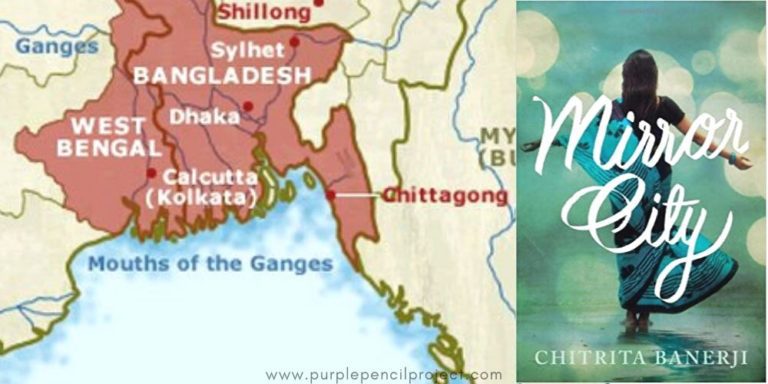



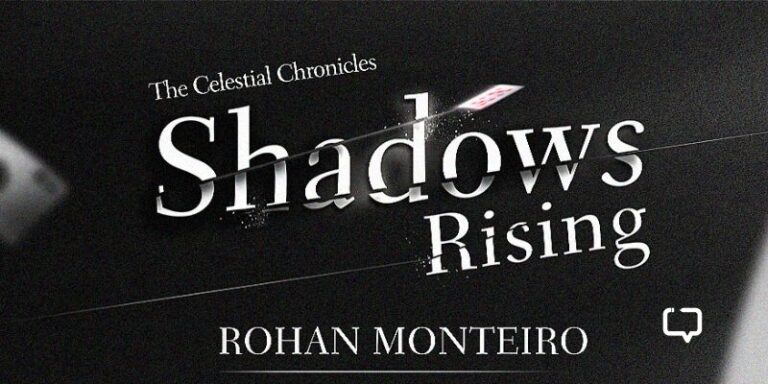
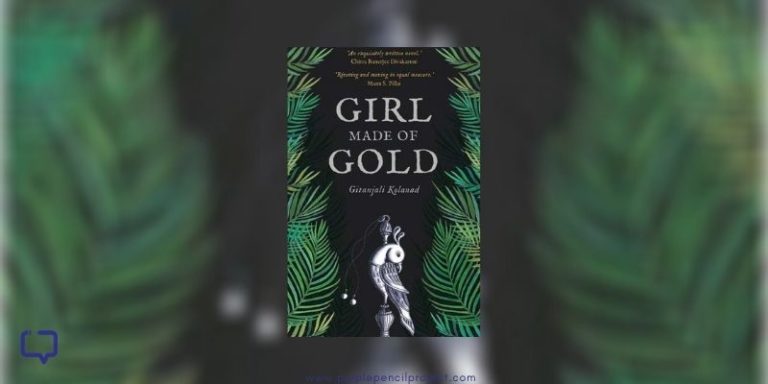
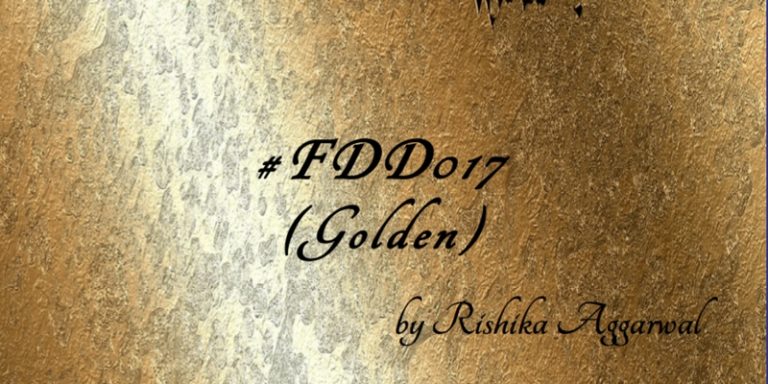

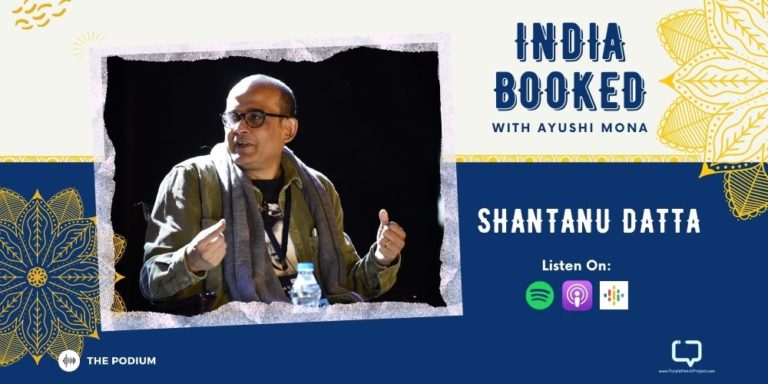
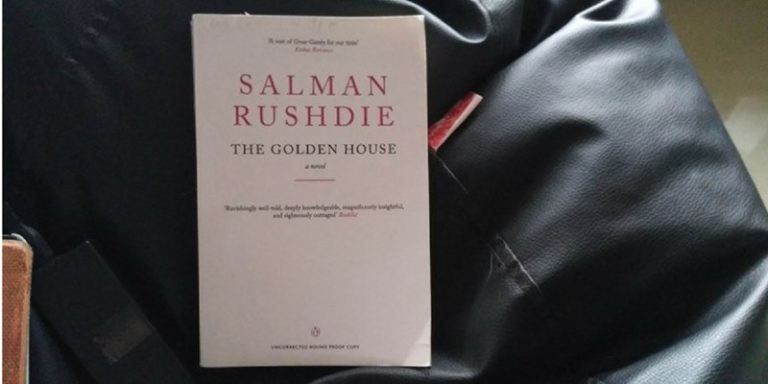



One Response